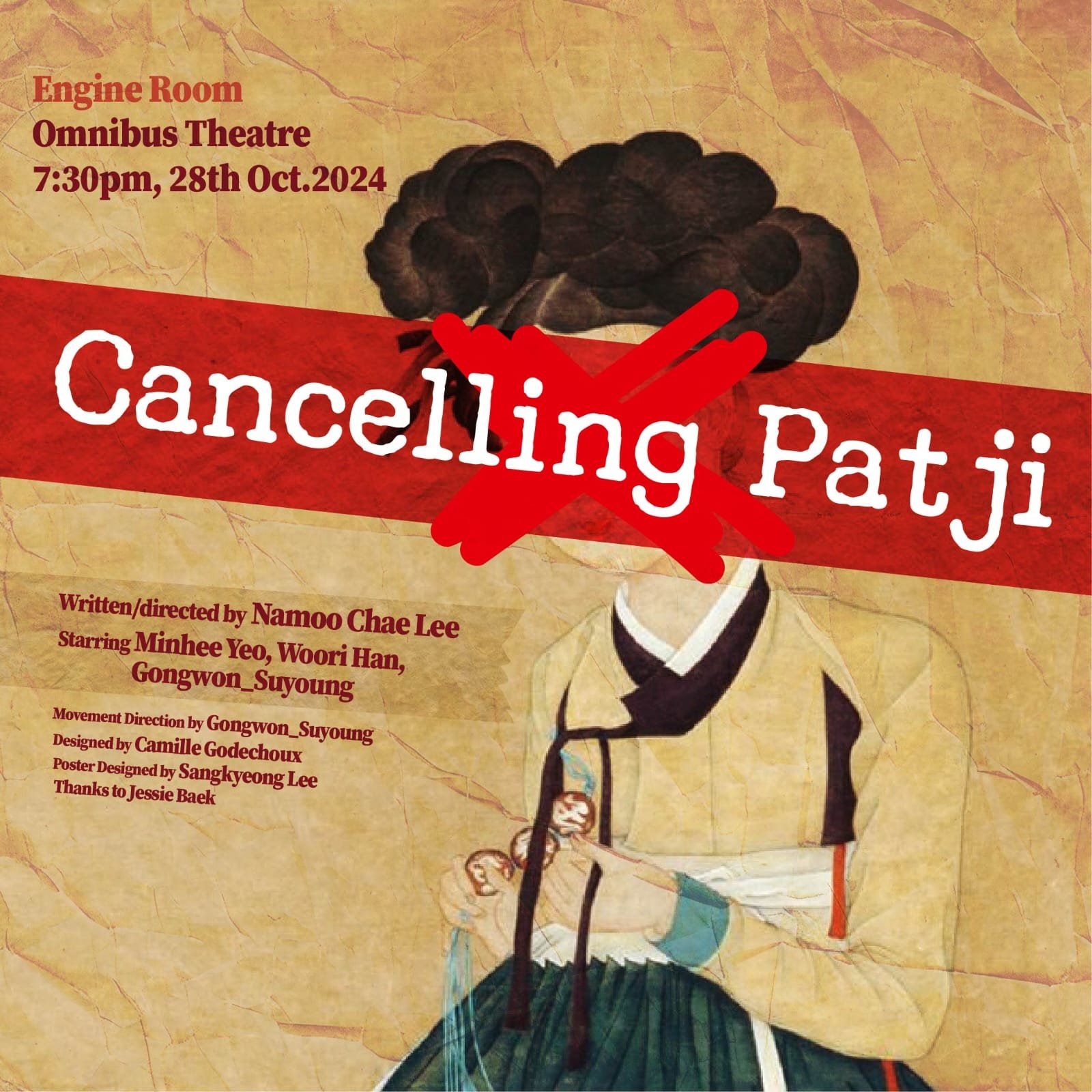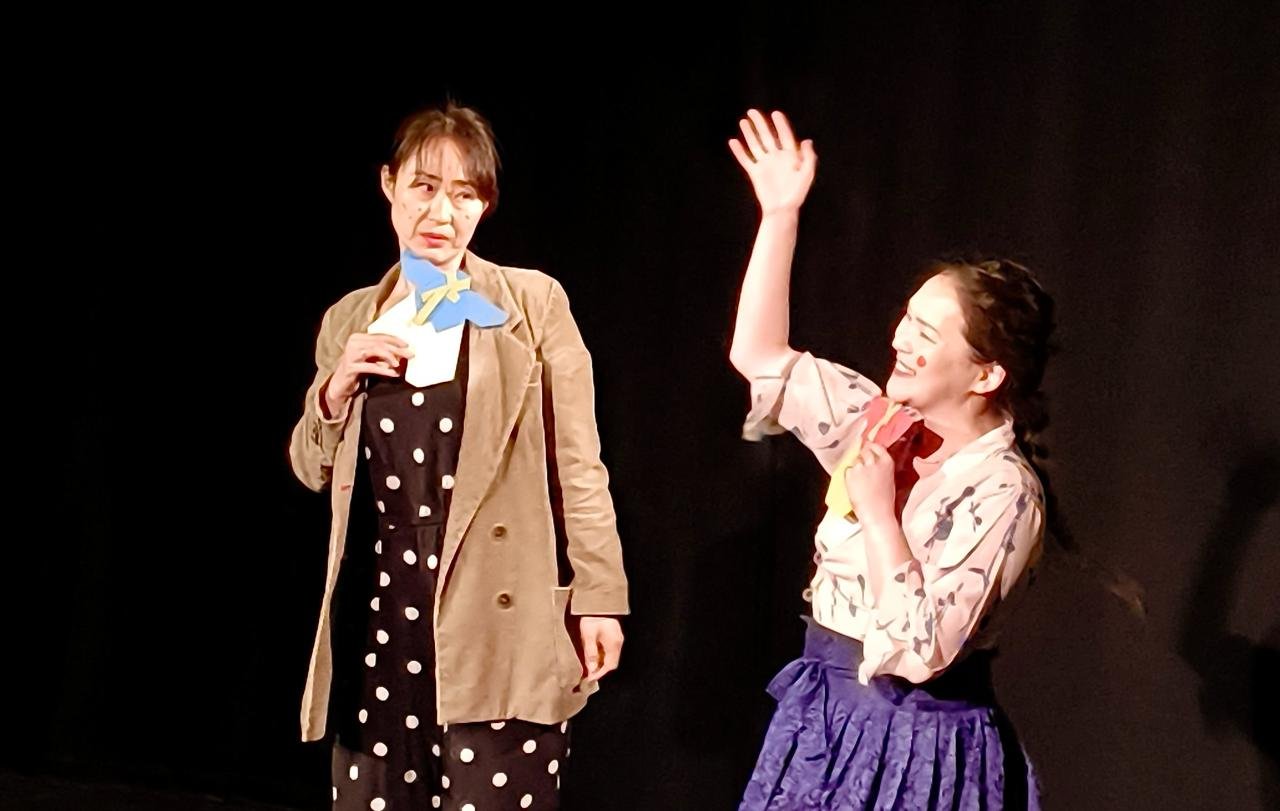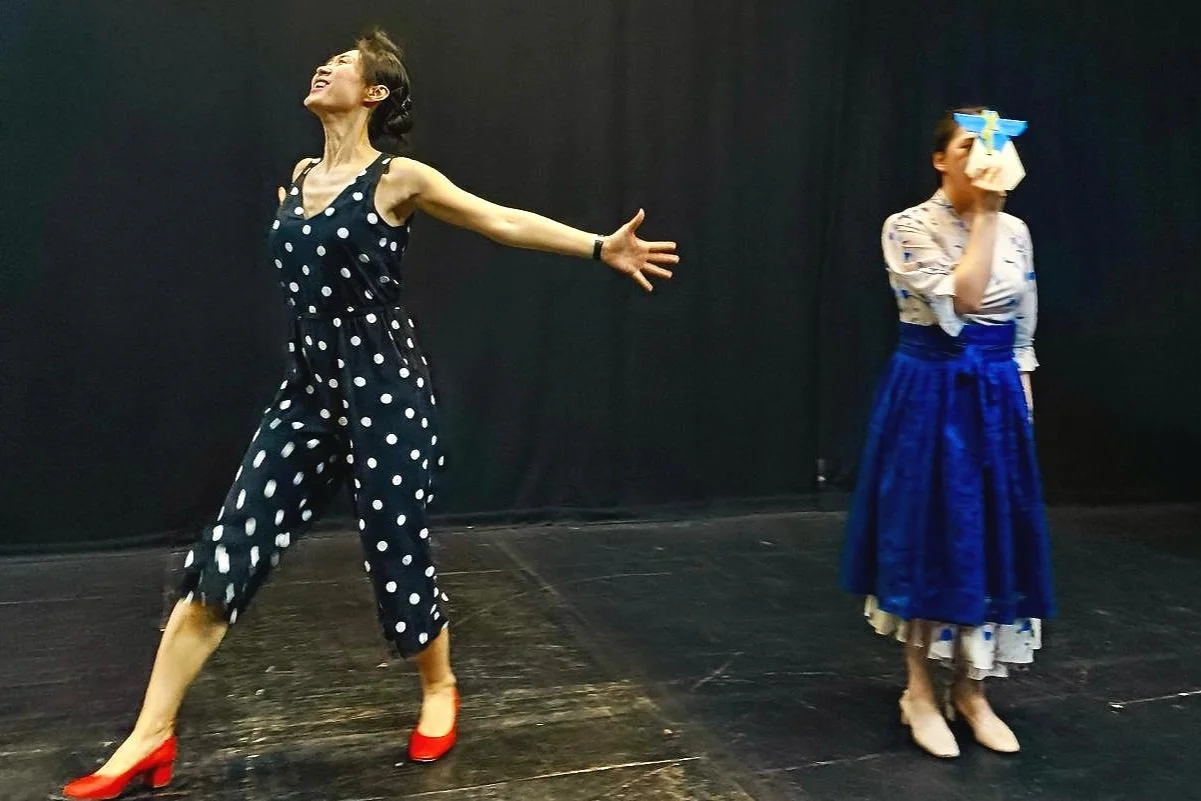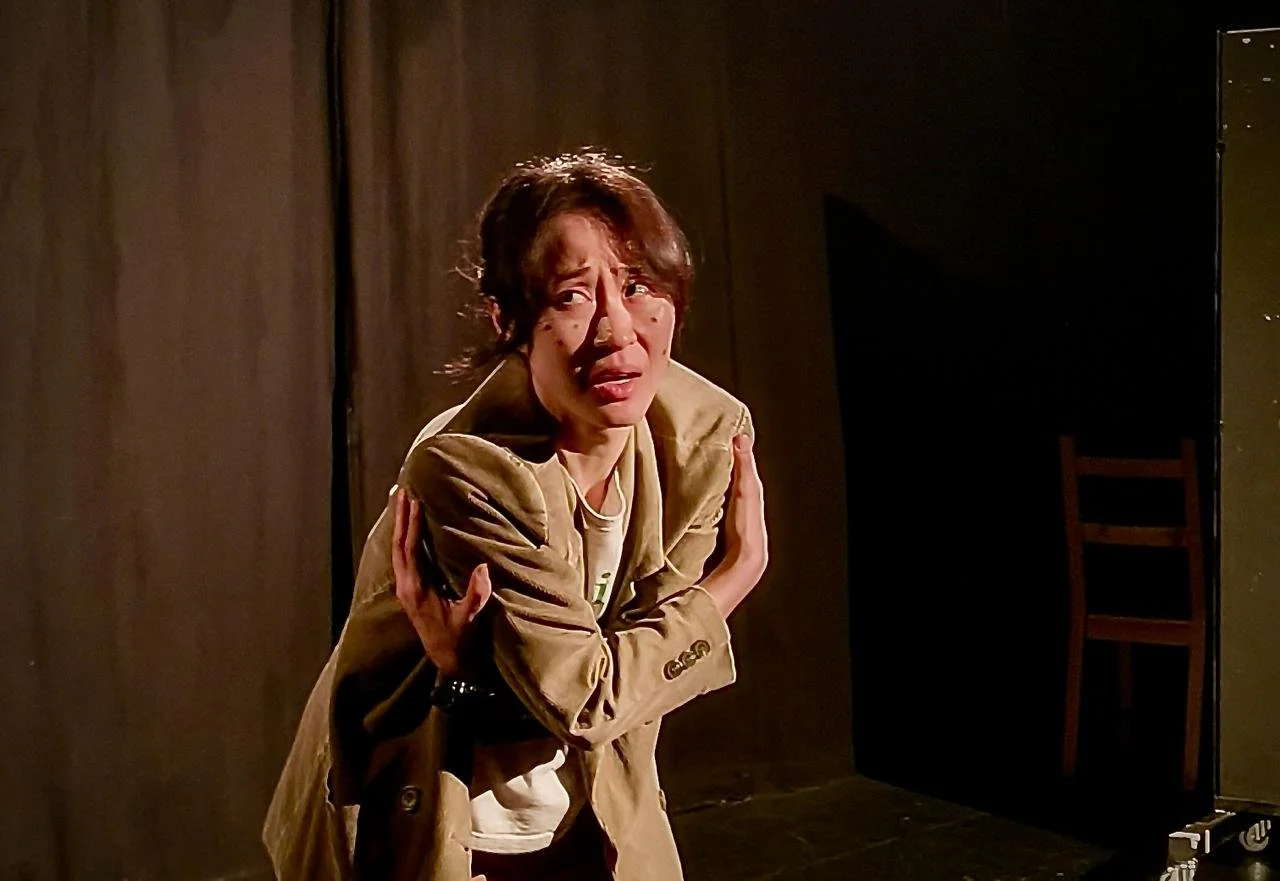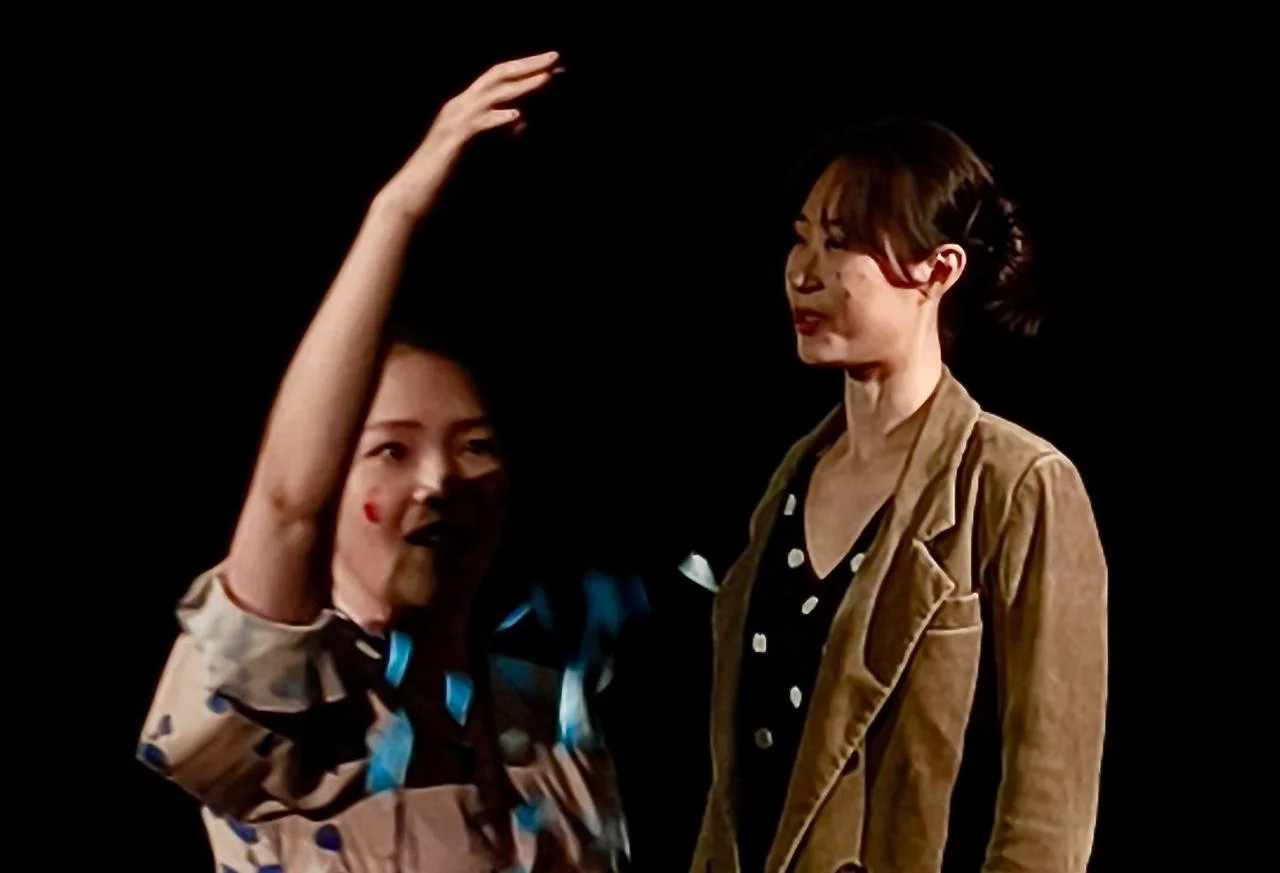Women Triology
KASSNA KOLLEKTIV is developing a Women Trilogy series that interweaves ancient stories with contemporary themes to address modern societal issues.
The trilogy will include CANCELLING PATJI(2025), SAND BRIDE(2026), and BARI(2027).
Cancelling Patji
-About sisters
Cast Size 3
Studio size
Key words:
Cancel Culture, Family Drama, Resilience, Me Too Movement, Korean rituals and folktale
Development in progress
Omnibus Engine Rooom 2024
Bloomsbury Festival 2025
Synopsis
Set in modern-day Korea, Cancelling Patji follows the journey of two sisters as they navigate a landscape shaped by societal judgment and cultural expectations in the aftermath of the national Me Too Movement.
Drawing from themes of justice, morality, and power rooted in folklore, the play explores how these timeless narratives echo in contemporary society. At its heart, it is a story of resilience, highlighting the strength found in love and mutual support.SAND BRIDE
-About Wives
Cast size 4+
Studio to Midscale
Keywords:
A black comedy with verbatim elements, Soundscape, Deserted wives, Hourglass.Korean mythology of Sandbride from Jeju region.
Script Development in progress
synopsis
In Korea, a wife waits for her husband to return from prison, where he’s serving a sentence for sexual assault. While his absence, her life remains frozen in time.And there is her mother-in-law, who had been waiting for her American husband who left her after the military service in Korea. Now she is waiting for her son to come out of the jail. They’ve never been so peaceful till... Another wife, who travelled all the way to Korea from Vietnam to find her Korean husband. Everything begins to unravel…BARI
-About Daughters
Cast size of 8 +
Midscale to Largescale
Key Words:
Korean Traditional Music, Ritual, Documentary Theatre, Baby-selling Country, Economic Growth, Patriarchy, Mythology of deserted princess, Bari
Script Development in progress
Synopsis
“Jal Sarabosey – Let’s live affluently”
This was Korea’s national anthem from the 1960s to the 1990s, a period when the country made the biggest economic growth by becoming the world’s largest exporter. One of the goods included babies.
Today, Korea is calling its deserted children back home, saying that we are well off—but what is it really asking for?
Inspired by the Korean myth of the abandoned princess Bari, this show explores the intricate ties between patriarchy and the burdens placed on individuals, unravelling the legacy of abandonment and responsibility. 